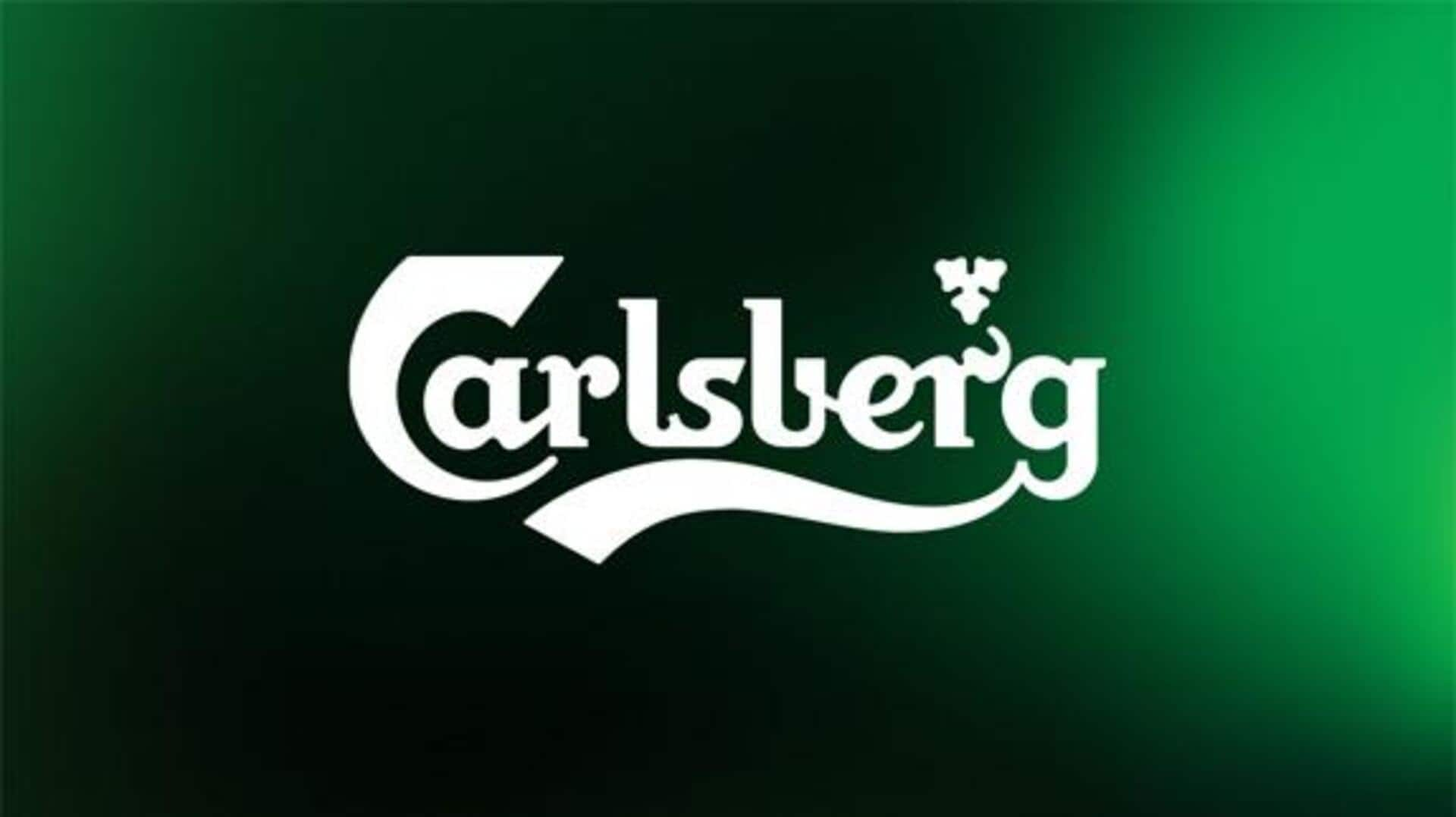
Up to ₹50L fine for alcohol promotion via surrogate ads
What's the story
The Indian government is preparing to enforce a ban on surrogate advertising by liquor manufacturers. This move could result in significant penalties for companies such as Carlsberg, Pernod Ricard, and Diageo if they continue to use this method for promoting their alcoholic products. The proposed fines could reach up to ₹50 lakh. Surrogate advertising via sodas, CDs, water, and glasses, is a widespread practice in India due to the prohibition on direct liquor promotion.
Official stance
Government official comments on surrogate advertising
Nidhi Khare, a senior government official, has commented on the issue of surrogate advertising. She stated that companies cannot use indirect methods to promote their products, and added that the final regulations are expected to be released within a month. The upcoming laws will specifically target attempts to bypass current restrictions by banning the promotion and branding of items like soda, CDs, water, and glasses using "similar label, design, pattern, logo" to those of alcoholic beverages.
Celebrity accountability
New regulations to hold celebrities accountable
The forthcoming regulations could also impose fines on companies and bans on celebrities endorsing tobacco and liquor ads considered misleading. Khare warned that if ads are found to be surrogate and deceptive, then even those who are endorsing, including celebrities, will be held accountable. The enforcement of these rules is expected to significantly alter the advertising and marketing strategies of liquor manufacturers in India.
Market impact
India's alcohol market and potential penalties
India is recognized as the world's eighth-largest alcohol market by volume, with annual revenues estimated at $45 billion by Euromonitor. The penalties under the new laws have not been finalized yet but will be based on consumer laws. Manufacturers and endorsers of surrogate ads could face fines of up to ₹50 lakh, while promoters risk endorsement bans ranging from one to three years.
Industry reaction
Industry response and WHO's stance on alcohol advertising
The International Spirits and Wines Association of India, which represents Diageo and Pernod, has stated that its members "are committed to a compliant way of building brand extension businesses." The group is currently in discussions with the government and supports advertising of "genuine" brand extensions. The World Health Organisation (WHO) endorses bans or comprehensive restrictions on alcohol advertising as "cost-effective measures" for public health.